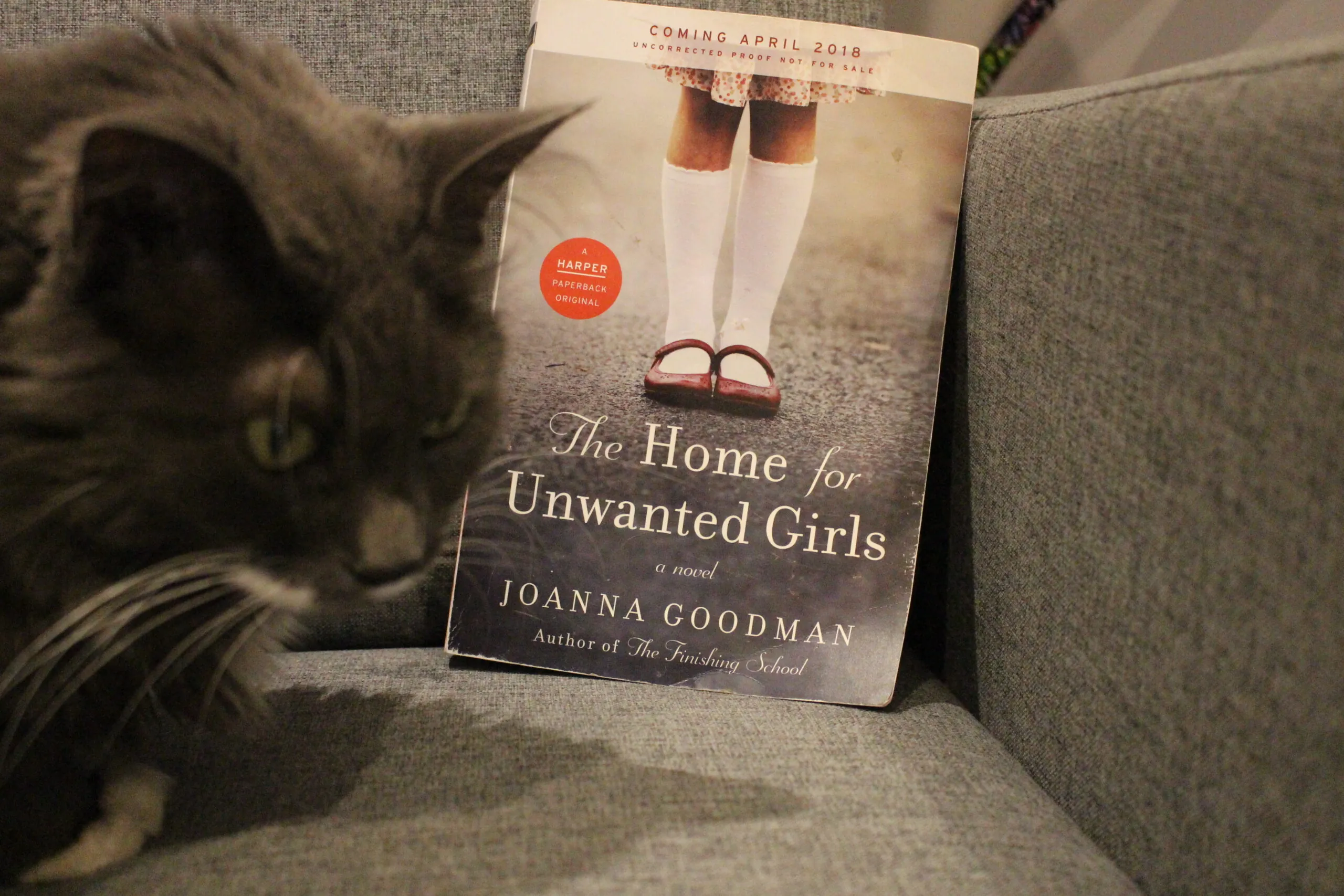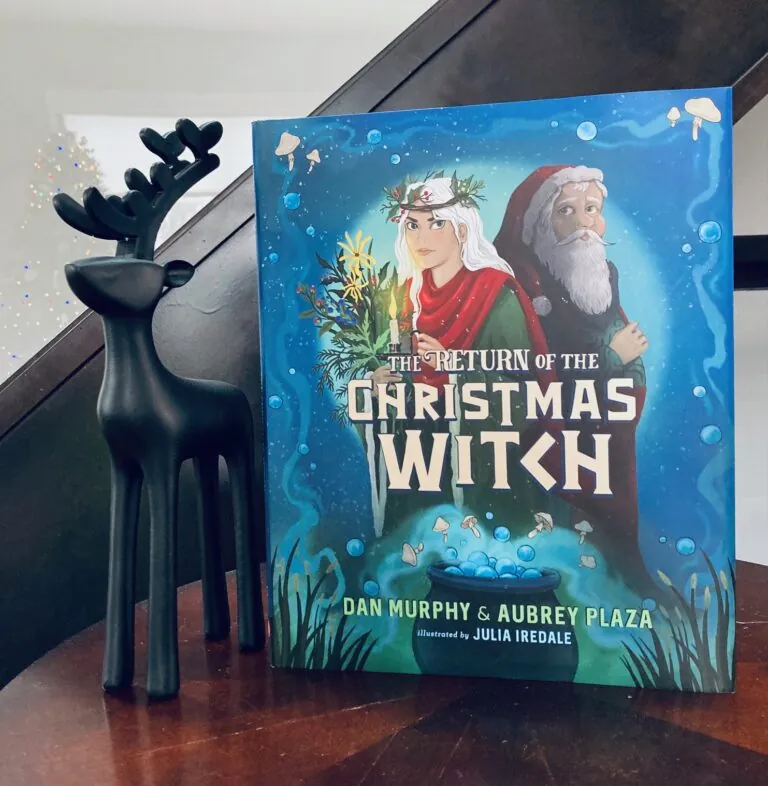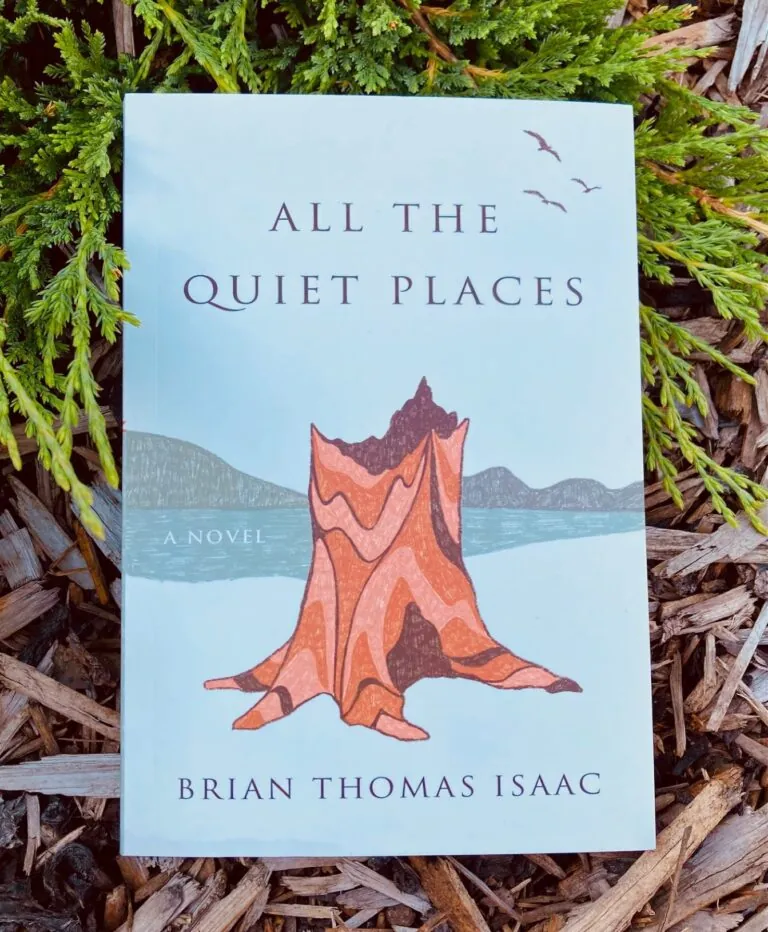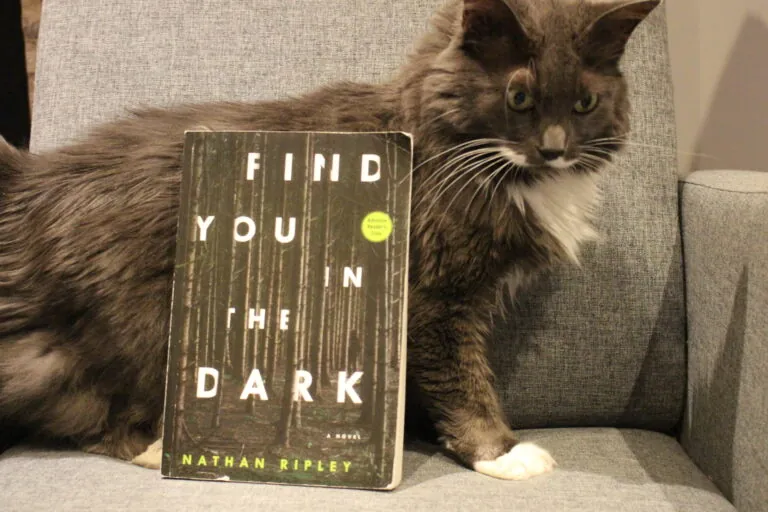Book Review: The Home for Unwanted Girls by Joanna Goodman

It’s strange timing that I read this book while pregnant, as The Home for Unwanted Girls by Joanna Goodman describes not one, not two, but three (!) different childbirth experiences. I raced through this book, and everytime I reached one of these scenes, I could feel my body tensing in anticipation (and let’s be honest, horror) of what was to come in a few weeks time for me. Now I don’t say that to scare potential readers off, because the labour scenes are quite short, but the fact that there’s three of them is a bit unique, even in the realm of ‘women’s fiction’ which is where I would place this book.
Historical fiction is another genre this story can be slotted into, and the history that we learn about Quebec, Canada in the 1950’s and 60s is absolutely horrific, and I would also argue, relatively unknown. We are introduced to a young girl named Maggie, hopelessly in love with her next door neighbor Gabriel, who gets her pregnant. Outraged at her embarrassing situation, Maggie’s parents send her away to have the child and give it up immediately for adoption, all unbeknownst to Gabriel. Next we meet Elodie, Maggie’s scorned child, who we discover has ended up in an orphanage, not happily adopted out as Maggie was led to believe. At first Elodie leads a fairly happy life, she’s taken care of by nuns who do a relatively loving job of raising her and the other wards. But, due to a political decision, some Catholic orphanages in Quebec are transitioned to mental asylums because they receive more funding per child from the government. I’m probably describing this slightly incorrectly, but it did indeed happen, and here’s a wikipedia article that will explain it better. Once this occurs, Elodie is essentially labelled as mentally insane, tasked with physically caring for adult mental patients who are forced into the same building, and sexually, physically and verbally abused on a regular basis by the staff members (including the clergy). Sounding familiar to anyone? Yes, these orphanages-turned-asylums operated much like the residential schools that Indigenous children were forced into. I’ve written a few book reviews that touch upon this subject.

Despite the horrors that are delved into, I found myself turning the pages faster and faster. The characterization is so sincere in this book. Maggie is a wonderful woman-her strength and resolve are admirable, even though she can be terribly naive, especially when it comes to her first love Gabriel, who makes more than a few appearances throughout the timeline. Her relationship with her parents is bumpy (understandably), but Goodman does a good job of depicting everyone quite fairly in this book. There are monsters yes, but we also understand people’s motivations for acting badly, even if we don’t always agree with them.
I was fascinated to learn about the cultural history of Quebec at that time, admittedly being Canadian probably has much to do with this. But the clash between the French and English of Quebec was something I wasn’t really aware of, and I know I’m repeating myself here in this post, but I don’t think many Canadians would be aware of this tension if they were born in the late 1970s or later. I haven’t spent enough time in that province to know whether this has greatly improved, or simply ignored, but I’d love for my readers to comment below if they have any insight into this issue.






I would like to read this just for the Quebec history alone. But the story sounds good, too!
I remember it being a really conflicting time – wanting the baby out, but being terrified about the baby coming out. More so for #2 and #3, because after #1 I knew what I was in for!
yes! I was so uncomfortable by the end, but I also knew life was about to get WAY harder, which is very conflicting LOL
I don’t think that I would enjoy reading this, sounds too intense for me! I’m so glad you enjoyed it, though! Sounds like it was handled well.
yes, the topic was handled with great sensitivity so that was a relief :)
Congrats on being pregnant! I also remember kind of steeling myself every time I heard or read about someone’s birth story. Of course everyone seems to want to talk about how tough it is… For what it’s worth, I’ve had three kids, all without pain medication of any kind. No drama, no emergencies or worries. I was nervous at first all three times, but they went smoothly. I swear it is possible to have an uneventful and positive birth experience! You’re going to do great! 😄
thank you! And good on ya for not using any pain meds. I just gave birth to my second, and had the epidural this time-phew, what a relief!
Hi Anne, This post is of course quite a long time on from your review. I am so sorry not to have met up with you when I was in Calgary, I arrived back yesterday. Glenna has passed this book on to me and I am thoroughly enjoying it and find it fascinating but the 1950s was an interesting time here too. I wonder if you ever see the series ‘Call the Midwife’ which has been ongoing here for some time and is set in the East end of London in the 1950s, fascinating. I find it difficult to put this book down and have been interested in the comments above. I do enjoy reading your blog and hope is all well with Ava (hope she is fully recovered from her accident) and Arthur. xxxx
Thanks so much Jill, I’m sorry to have missed you! I hope you enjoy the ending of this book too, it is unputdownable!
I haven’t seen that show on Netflix, but it’s on my list to watch when I get the time-whenever that will be!